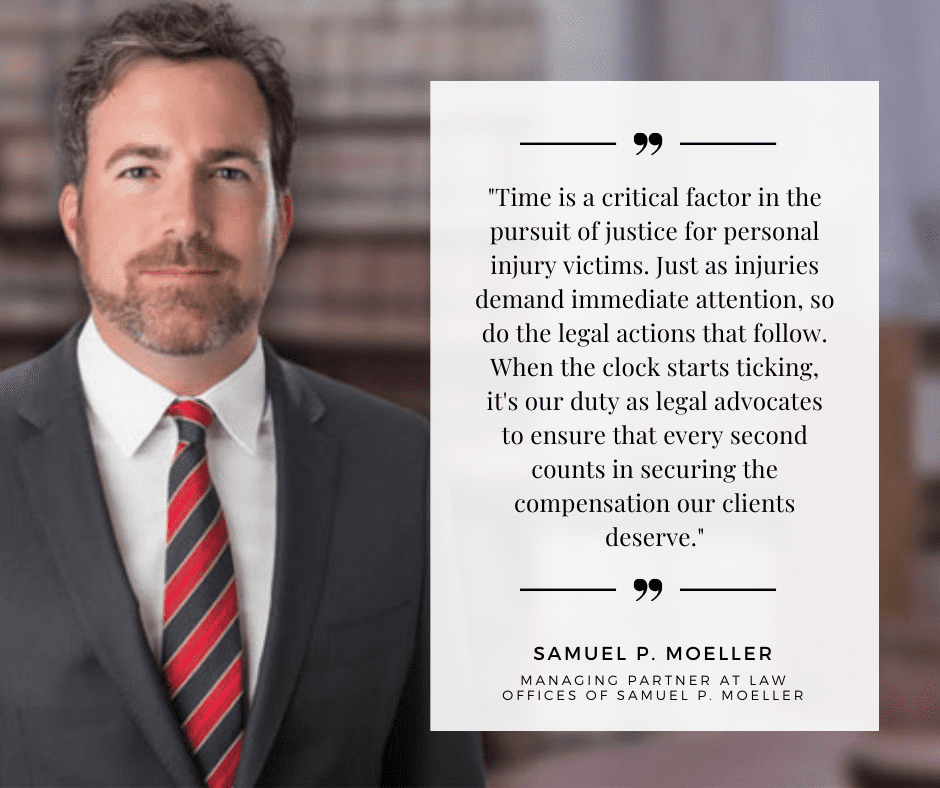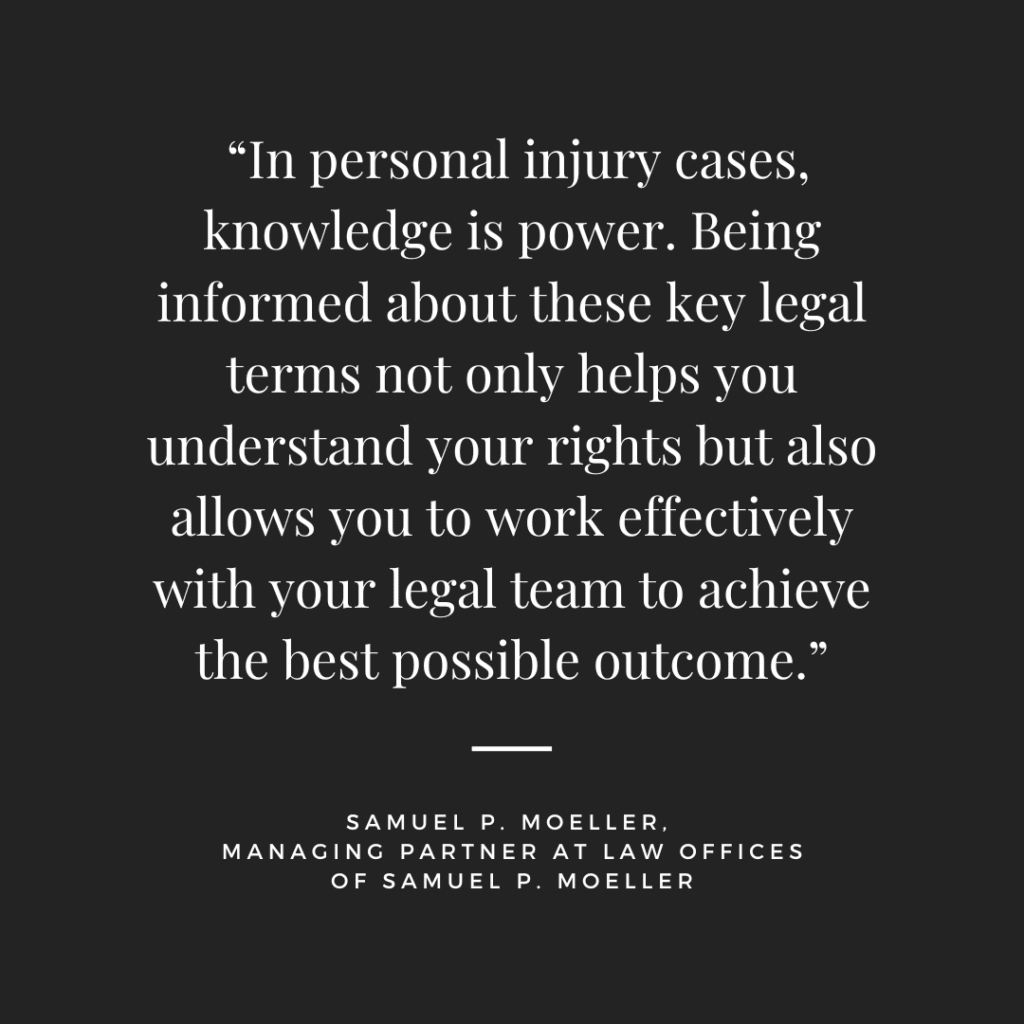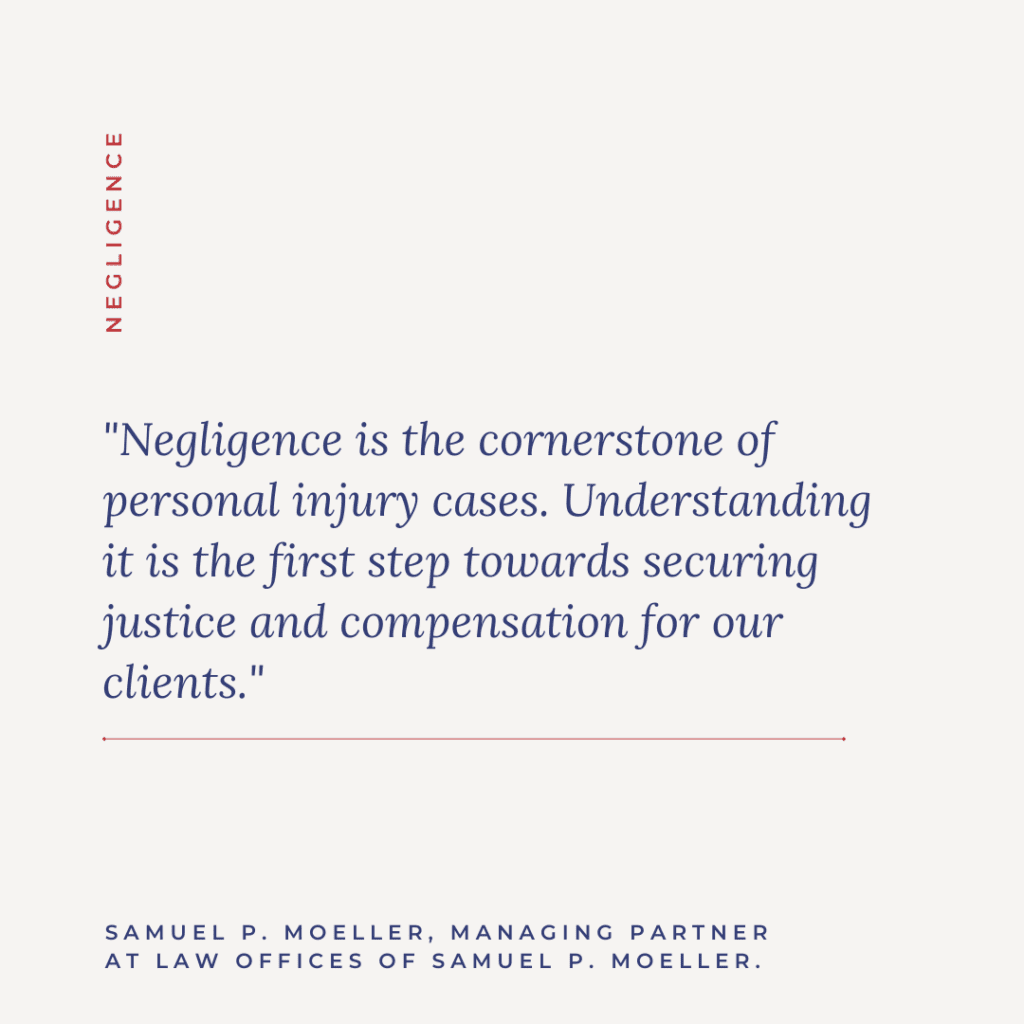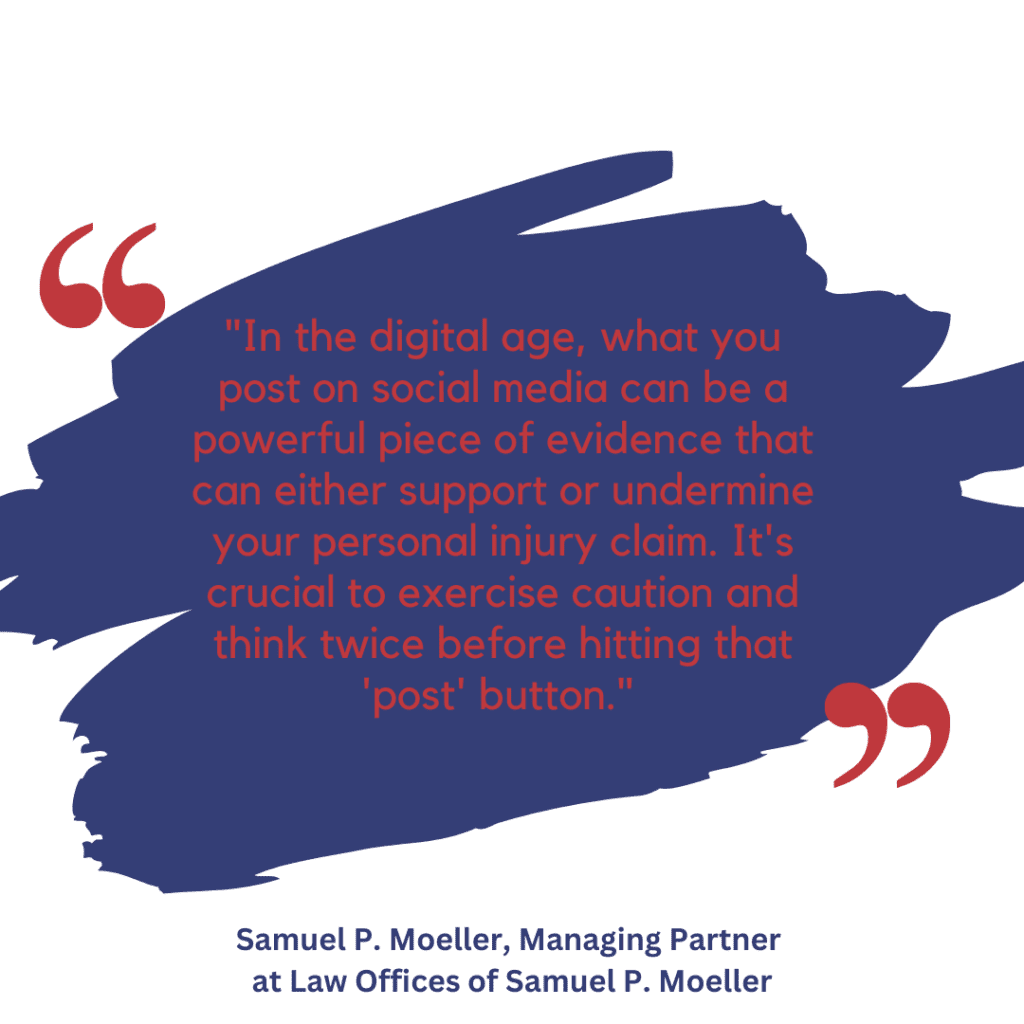Personal injury cases are a complex legal field, often necessitating the need for financial compensation to the injured party. When someone is harmed due to another’s negligence or intentional actions, the law provides for the recovery of damages. These damages can be categorized into three main types: general, special, and punitive. In this article, we will explore each type of personal injury damages, what they entail, and how they are calculated.
- General Damages
General damages, also known as non-economic damages or compensatory damages, are a crucial component of personal injury compensation. They are intended to compensate the injured party for non-monetary losses, such as pain, suffering, and emotional distress. General damages are often the most challenging to quantify since they don’t come with a specific price tag.
Key points about general damages:
a. Pain and Suffering: This category includes physical and emotional pain and suffering experienced by the victim. It aims to provide compensation for the distress and mental anguish endured due to the injury.
b. Loss of Enjoyment of Life: If the injury has a significant impact on the victim’s ability to enjoy life or participate in activities they once loved, general damages can help account for this loss.
c. Loss of Consortium: In cases where a personal injury affects a victim’s relationship with their spouse, loss of consortium damages can be awarded to the spouse to compensate for the loss of companionship, support, and intimacy.
- Special Damages
Special damages, often referred to as economic or pecuniary damages, are more straightforward to calculate. These damages are designed to compensate the injured party for specific monetary losses incurred as a result of the injury. Special damages are typically easier to prove and involve tangible financial losses.
Key points about special damages:
a. Medical Expenses: This category covers all medical costs associated with treating the injury, including hospital bills, surgery, rehabilitation, and prescription medications.
b. Lost Wages: If the injury prevents the victim from working, special damages can account for the income lost during the recovery period.
c. Property Damage: When personal property is damaged or destroyed as a result of the injury, special damages can cover the cost of repairs or replacement.
d. Future Expenses: Special damages can also include anticipated future expenses, such as ongoing medical treatment, long-term therapy, or loss of earning capacity.
- Punitive Damages
Punitive damages, also known as exemplary damages, serve a different purpose than general and special damages. While general and special damages aim to compensate the injured party for their losses, punitive damages are intended to punish the at-fault party and deter similar wrongful conduct in the future.
Key points about punitive damages:
a. Gross Negligence or Malicious Intent: Punitive damages are typically only awarded if the defendant’s actions are particularly egregious, displaying gross negligence or malicious intent.
b. Discretion of the Court: The court has the discretion to determine the amount of punitive damages, which may exceed the compensatory damages awarded.
c. Legal Framework: The availability and calculation of punitive damages can vary by jurisdiction, and some states have limitations or caps on the amount that can be awarded.
In personal injury cases, the three types of damages—general, special, and punitive—play distinct roles in providing compensation to the injured party. General damages account for non-monetary losses, special damages cover economic losses, and punitive damages serve to punish the wrongdoer and discourage future misconduct. It’s essential for individuals involved in personal injury cases to understand these categories of damages and work with experienced legal professionals to ensure they receive fair and just compensation for their injuries.

[forminator_form id=”169″]



